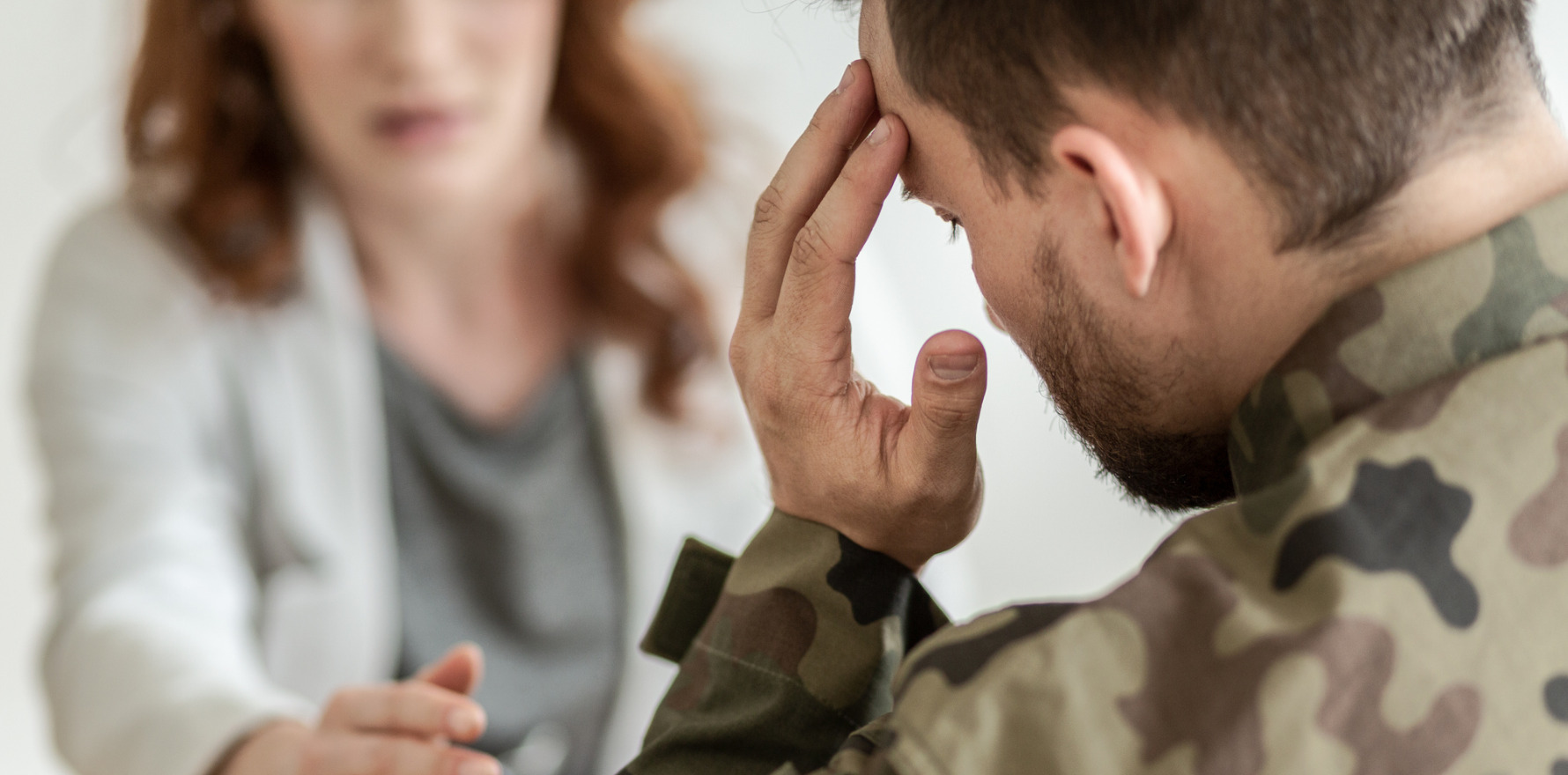With 1600 suicides in under 25 years, Nick Kaldas says the suspicious and adversarial approach of the DVA towards Defence veterans has to change.
The Royal Commission into Defence and Veterans Suicide will recommend that an independent body be established to ensure that its recommendations are implemented, after its leader described the government’s approach since the Vietnam War as “all talk, no action”.
Addressing the National Press Club yesterday, Commission chair Nick Kaldas said an “enduring, powerful body is necessary to hold government, the ADF, the VA, other relevant agencies as well as state and territory government to account, to make sure they prioritise the major, long-term and complex reforms that are needed”.
Mr Kaldas emphasised the importance of the independence of this body, which he said must have the confidence of serving ADF members and seek direct and significant input from them.
“It must be an oversight body, but not one that serves the leadership of the DVA or ADF, nor one that absolves that leadership of its primary responsibility for veterans’ wellbeing, and it must have sufficient power to deal with the issues it faces,” he said.
Mr Kaldas clarified that the body’s characterisation as “powerful” would mean it would have royal commission powers.
“Historically, there appears to have been a reluctance by Defence to accept suicidality and mental [ill-]health as a consequence of military service,” he said.
“Such issues were instead put down to a weakness in the individual’s character for resilience, rather than something for which the military organisation must take some responsibility.”
He also underlined “significant delays” faced by the inquiry in the provision of vital information and data sought from defence, and “other challenges such as cabinet and confidence public interest, immunity, and parliamentary privilege claims and the need to take sensitively gather evidence without impacting issues of national security”.
“The stark reality is that despite 57 previous inquiries over the last 20 to 30 years examining the risk factors for suicide in our military community, and almost 770 recommendations arising from those inquiries, very little has actually changed,” he said.
Mr Kaldas told the Press Club that the inquiry appointed a brigadier to establish a mental health and wellbeing branch within Defence this year, but the brigadier had reported having “not been provided all the information, staff and resources needed to appropriately address mental health and suicide prevention at an organisational level”.
The inquiry has been informed that a fully resourced and functioning branch will not exist until 2025.
“To quote the brigadier, they are ‘building the plane as they are flying it’,” Mr Kaldas said.
“Given that we’ve known these issues have existed since at least the Vietnam War, it seems extraordinary to hear that Defence is now building the plane.
“Yet Defence’s approach to investigating and reporting on suicides has progressed at a snail’s pace. We’re yet to find sufficient evidence of urgency in responding to these complex issues holistically, even with this royal commission on foot.”
One frustrated veteran described the situation in a submission to the Royal Commission as “the paperwork hoops and hurdles you must climb over is deliberately designed to be that that hard veterans will either just give up or do themselves in. Either way the problem goes away.”
According to AIHW data, there were at least 1600 deaths by suicide between 1997 and 2020 – “more than 20 times the number killed in active duty over the same time period”.
Mr Kaldas criticised the view that suicidal tendencies come with the territory of war, saying “the vast majority of those who serve in the ADF have rewarding careers and go on to successfully transition to civilian life”.
He described suicide in the military context as “extremely complex and multifaceted”, and said suicide was not just about mental health or about trauma in the battlefield.
He also stressed that suicide was preventable, and said agencies and organisations have a strong responsibility to play in suicide prevention.
He quoted AIHW data that revealed that suicide rates for veterans who only served in the reserve forces were comparable to that of the general populace, whereas suicide rates of those who served in the permanent forces were significantly higher, around 50% higher for both males and females.
This was described as “worrying”, especially given that the inquiry heard from Defence that veterans have “at least in theory, access to free and ongoing healthcare, including mental health support and to the ADF suicide prevention program”.
Mr Kaldas said the inquiry’s recommendations in an interim report released in August last year were received well by government, although there was still room for improvement.
“Government has moved quickly to harmonise complex legislation governing veterans’ entitlements and the DVA has been provided additional resources to clear the backlog of unprocessed claims… there are still just over 30,000 claims yet to be processed. But that’s down from around 43,000 a year ago,” he said.
“We’re not convinced based on the evidence that the level of fraud in claims justifies the often strongly adversarial approach by DVA. That has to change. While it’s good to see some progress being made, we’re very much aware there is still a lot to do for work for the DVA to improve its ICT and data systems, its customer service, and that adversarial culture which exists, and which has left many veterans retraumatised when forced to justify their claims for compensation.
“There are many ways that the system can be improved, and it starts with believing veterans and that when they make claims that they are supported, not second-guessed, or not treated as if they were trying to cheat the system.”





